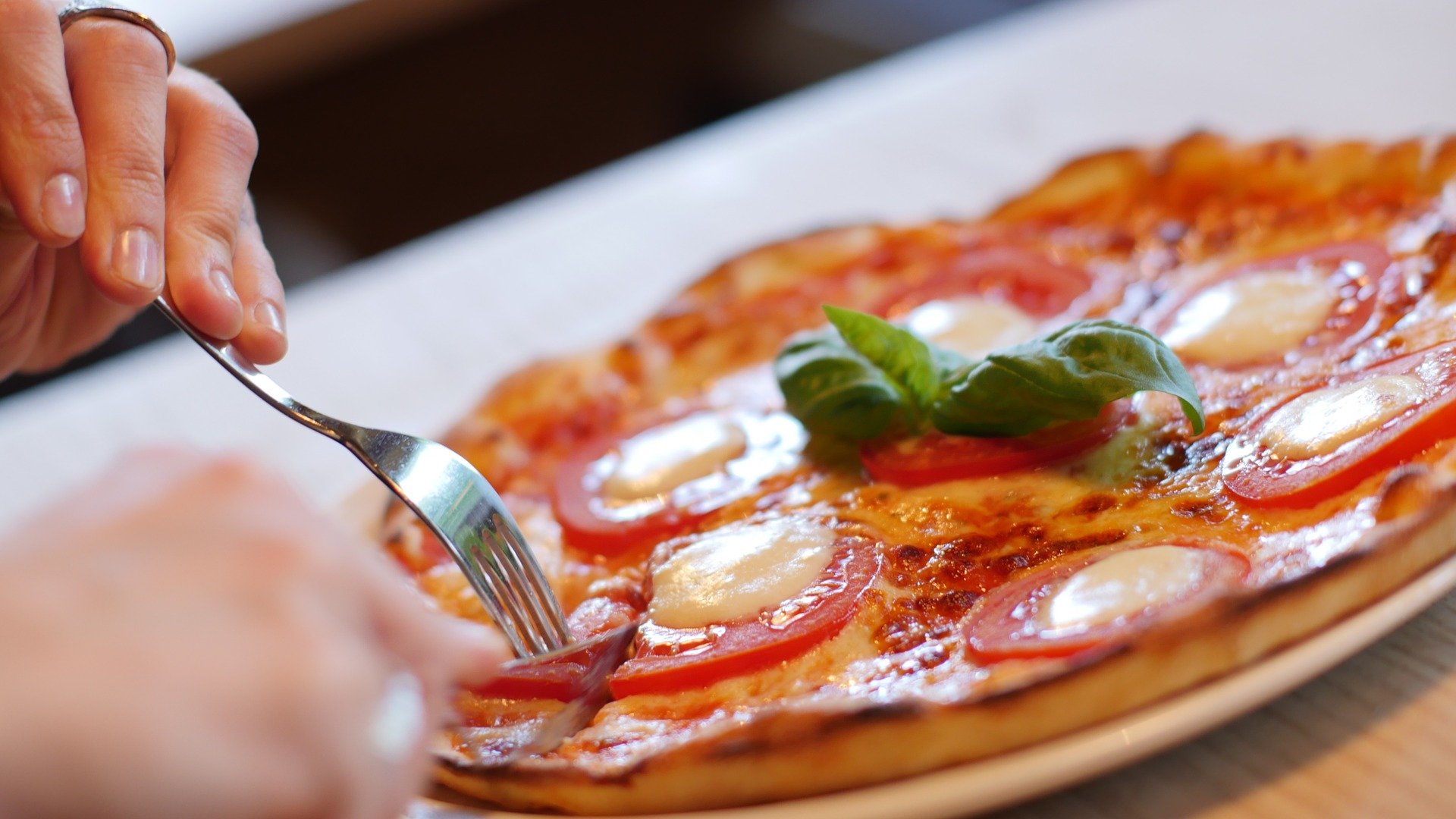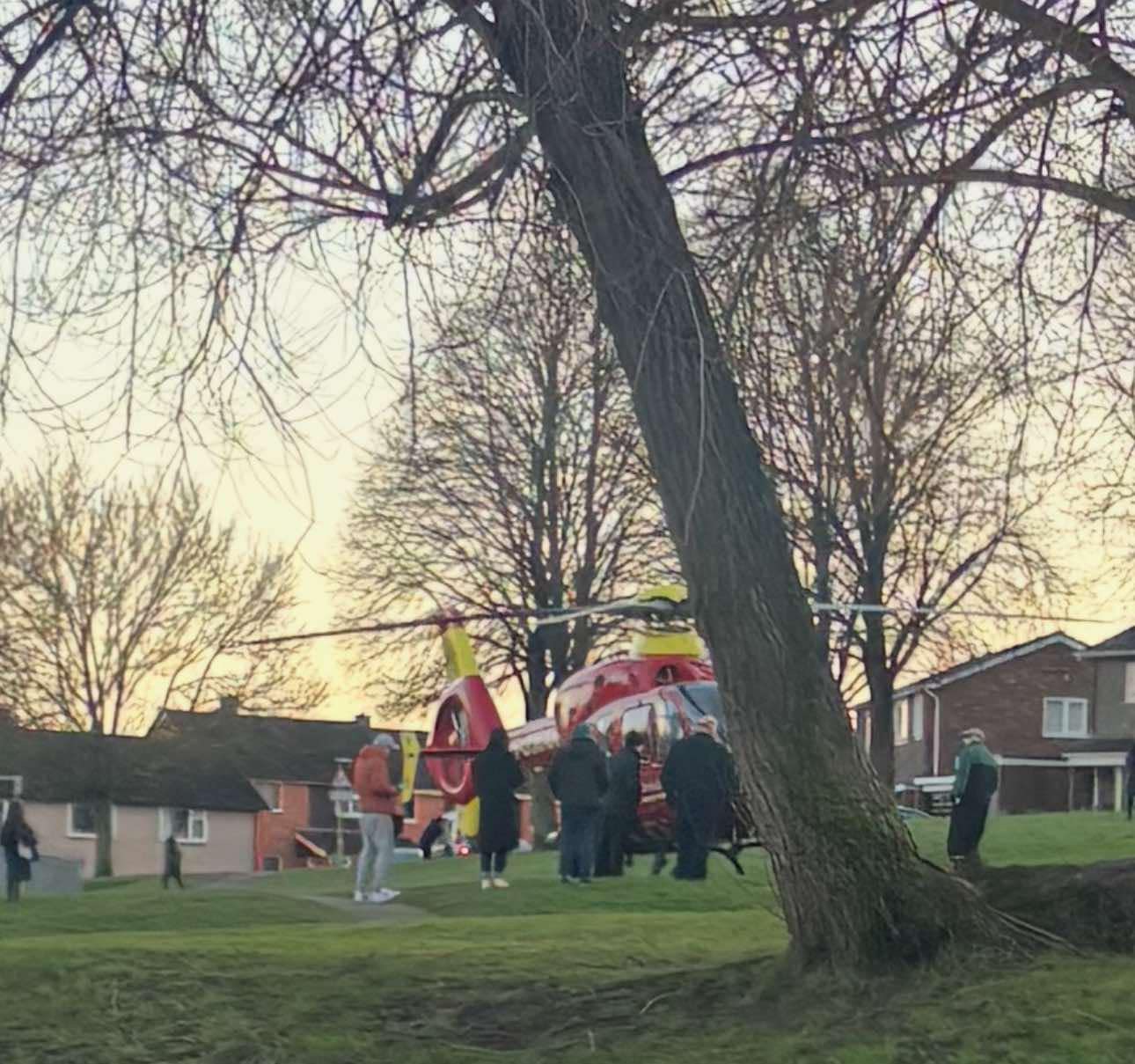It’s the question on the lips on everyone at present, from pub and restaurant owners, to customers that wish to visit these premises.
The truth is, that the full detail will be released later, but the data below is guidance that was previously issued to Tier 3 areas when pubs and restaurants could only open and serve alcohol there if customers purchased a ‘substantial meal’.
PLEASE NOTE – THIS IS GUIDANCE AS PREVIOUSLY ISSUED AND NOT CONFIRMED INFORMATION YET.
What is a substantial table meal?
Schedule 1 Part 2 paragraph 16 (2) of the Tier 3 regulations states that alcohol must only be served:
“for consumption on the premises as part of a table meal, and the meal is such as might be expected to be served as the main midday or main evening meal, or as a main course at either such meal’.
Paragraph 16 (4) states:
‘a “table meal” is a meal eaten by a person seated at a table, or at a counter or other structure which serves the purposes of a table and is not used for the service of refreshments for consumption by persons not seated at a table or structure serving the purposes of a table.’
This is open to interpretation and there is a degree of flexibility in what constitutes a meal. A recent Law Society article refers to the case of Timmis v. Millman 1965. The Article states ”The Justices found the sandwiches the pair were eating ‘were so substantial, and assisted by the pickles and beetroot so as to justify that it was a table meal and not a mere snack from the bar”.
The case law is not recent and sets only what the Justices found on facts at a magistrates court hearing so it cannot be relied upon as a legal precedent.
However, it would be difficult to argue that a single sausage roll or a snack pork pie constitutes a main meal, whereas if it was served plated with accompaniments such as vegetables, salad, potatoes it could be considered substantial.
There is also a need to consider the issue of sharing meals. Whereas a platter or dishes designed to be shared could constitute a meal for a couple of people, sharing a single meal or plate of food between a group would be unlikely to be deemed a substantial meal.
As the legislation states that the alcohol is to be served ‘as part of’ the meal it is clear that the main purpose of frequenting the premesis should be to have a main table meal and this should be a plated meal, served at a table. The alcohol is only ‘part of it ‘and therefore secondary to the meal.
Is there a time limit for how long alcohol can be served with a meal?
Legislation and guidance do not set requirements about when alcohol can be served alongside a substantial table meal or how long it can be served for.
It therefore appears that there are no restrictions on when a substantial table meal could be ordered, for example a meal
equivalent to lunch or dinner could be ordered in mid-afternoon. However, the length of time a person or household can order drinks alongside their meal needs to be proportionate to the meal they are eating. The regulations are clearly not intended to allow a person to sit and drink multiple alcohol drinks for a much longer period either side of a meal being ordered and consumed.
It may be pragmatic to take a different approach depending on the type of setting where a meal is being consumed. For example, when dining in a restaurant drinks are often ordered and served before food is ordered. However, it may be prudent to advise that in a pub setting, premises should only accept a drinks order alongside a food order, to prevent people ordering drinks but subsequently not ordering a meal. However, pragmatically, a drink ordered alongside food may be served in advance of it. The end of the meal is likely to be an appropriate time to stop taking orders of alcohol, although one further drink could be considered.
Once a food order has been placed and is being consumed, there is the question of how long a person can remain in the premises consuming alcohol. It is difficult to be definitive about this as there are questions of judgement depending on the nature of the food being consumed: the length of time taken to eat a sandwich platter or pizza will be quite different to a three-course meal for example. However, with many restaurants now offering a two hour turnaround time on tables for lunch or evening meals as a standard position, this would appear to be a good guide for a maximum amount of time for a meal of multiple courses, with a shorter amount of time for meals of one course.
The guiding principle in this must be the intention of the regulations, which is that alcoholic drinks should be seen as secondary to the meal. Enforcement will be targeted at those premises which are clearly stretching things too far by allowing customers to stay well beyond the duration of a meal and in effect facilitating longer drinking sessions which present the greatest COVID 19 transmission risk.
Who can provide a substantial table meal?
Pubs and bars which already provide food will need to adapt their operating model and offer to ensure that they are complying with the regulations, as outlined above.
Many pubs and bars which did not previously offer food will also be considering whether and how they could provide substantial table meals in order to continue to operate.
If a pub/bar that has previously not had a food offer wants to transition to providing a substantial meal itself, it will need to comply with legal requirements applying to food businesses. This would include registering as a food business on the Food Standards Agency website, with an inspection by a food safety team being part of that to check that the kitchen is capable of being used for that
purpose. There may also be planning considerations, depending on where and how the business intends to prepare food.
Alternatively, some pubs and bars are seeking to partner with local food businesses or caterers to enable them to provide substantial meals alongside alcohol. There is nothing in the regulations to prevent this happening, and provided it is managed appropriately it may provide a valuable form of income for local businesses hit hard by the pandemic.
The guiding principle here is that the regulations require the substantial meal to be ordered from and provided by the premises which is serving alcohol. It is not permissible for customers to order a takeaway to be delivered to a pub or bar, or to otherwise bring their own food into the premises: food must be ordered in the same transaction in which alcohol is purchased in order for the premises to be deemed to be operating as a restaurant. The pub or bar and food business will be responsible for managing the reimbursement of costs and provision of food to the pub or bar separately to the pub’s transaction with the consumer. Again, depending on the arrangements reached here, there may be requirements to notify the planning authority of any changes to how a business is operating (eg, if a temporary kitchen is set up in a pub car park). The LGA published a COVID-19: mobile caterers and street trading guidance earlier this year.
Similarly, businesses will need to refer to any conditions attached to their licence in case there are any which prevent the preparation or consumption of food on the premises.
Issues
One query that has arisen is whether businesses are able to offer meals for free or for a nominal price, or sell tickets that provide both food and drinks. While this is not prohibited by the regulations, councils may want to engage with businesses to encourage responsible practices, with the guiding principle again being that businesses must be operating as a restaurant. Therefore, the amount of alcohol being served should be proportionate to the food being provided, and premises should not offer / customers should not expect that spending an unlimited amount of time in a pub or bar will be deemed compliant simply because some food has been provided. Meals should also not be artificially served, for example to fit within the natural breaks of a parallel event like a quiz or live performance as the meal must be the ‘main activity’.
Premises should also check for licensing conditions which may be relevant for example around the provision of alcohol as a prize or the running of irresponsible promotions.




